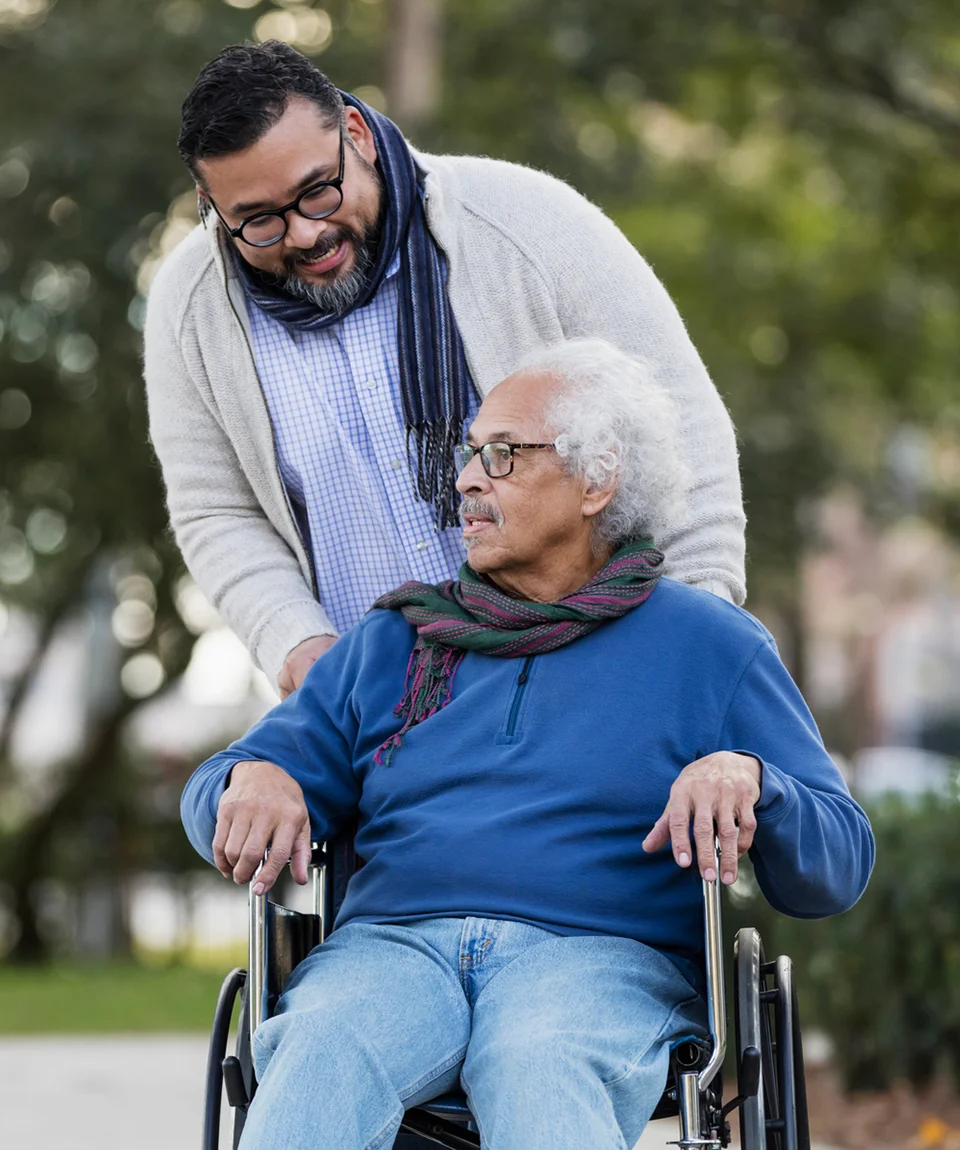Anxiety is one of our most common emotional experiences and is the normal healthy reaction to a threat. And coronary artery disease is a threat!
Anxiety is necessary for survival. When we are anxious, we pay all of our attention to what we believe is dangerous. Most of the time this is healthy and keeps us safe. However, anxiety can get to the point where it isn’t healthy. It can become an anxiety disorder that damages the quality of people’s lives, keeping them from living a normal life, and it needs to be treated.
However, there is an interesting impact that anxiety has on people. There appears to be a moderate level of anxiety that is healthy. Anxiety levels that are too low or too high appear to worsen your heart disease.
Too little anxiety: No action results and this could be problematic.
Example: A person suffering from coronary artery disease who needs to stop smoking but never does, because he/she has little anxious reaction to the fact that smoking can make their heart disease worse. “I feel fine; I don’t see what the big deal is”
Not changing risky lifestyle behaviours increases the risk of another coronary event.
Excessive anxiety: Could lead to avoidance of any reminders of coronary artery disease and contribute to the development of anxiety disorders.
Example: People who have a lot of anxiety can avoid their medical appointment as well as taking their medication which are reminders of their coronary artery disease. Not changing risky lifestyle behaviours increases the risk of another coronary event. Not following medical advice may actually make coronary artery disease worse.

Recognizing anxiety disorders
Two types of anxiety disorders may be more common in people with coronary artery disease than in the general public.
Generalized anxiety disorder is when a person believes there is danger in almost any situation and develops feelings of anxiety about most things in life, such as family life and work. For a doctor to say you have generalized anxiety disorder you need to have three of these six symptoms for at least six months, causing you serious distress:
- agitation or overexcitement
- being easily tired
- trouble with concentration or loss of memory
- irritability
- muscle tension
- sleep disturbances.
Panic disorder is when a person has recurring panic attacks that start suddenly and reach a peak within a few minutes. Panic attacks are frightening experiences because the physical feelings are overwhelming and scary and linked to a feeling of losing control or fear of dying. Some people think they are having a heart attack. You might experience some or all of these symptoms during a panic attack:
- a fast and pounding heartbeat
- sweating
- shaking
- trouble breathing (hyperventilating or feeling breathless)
- choking
- chest pain
- nausea
- light-headedness (feeling like you might faint and sometimes you do faint)
- chills or heat
- numbness
- fear of losing control or dying.
Two other anxiety disorders are important to know about.
Post-traumatic stress disorder (PTSD) is a serious condition that causes terrible emotional upset. It happens after a person goes through an experience that has horrified them or traumatized them. It can happen after seeing the horrors of war or after violent bullying, but it can also happen when a person feels their life was threatened by a heart attack. The person has flashbacks or memories of the awful experience, thoughts they can’t control, and images and feelings about the event. There may also be feelings of being alone and separate from everyone else, nightmares and a struggle to live a normal life.
Specific phobia is a strong fear or anxiety about an object or situation. For instance, someone might develop a phobia about driving after a heart attack. They become terrified they might have a serious car accident if they were to have another heart attack while driving.
What can I do to handle anxiety?
Because anxiety is a normal feeling, if you think you are in danger (from your heart disease), the best way to manage it is to find ways to make yourself feel safe.
- Talking about your feelings of sadness, anger, frustration and even excitement, can reduce your anxiety.
- Care for yourself, always! Learn what you need. Be proud of your strengths and accept your limits, without blame or criticism. Make time for fun.
- Learn to reduce your stress.
- Learn deep-breathing exercises. They are the foundation of most relaxation strategies and can help prevent panic attacks.
- Place a hand over your belly button.
- Relax your stomach muscles.
- Inhale slowly and deeply through your nose for a count of five: feel your abdomen rise.
- Exhale slowly through the mouth for a count of five: feel your abdomen fall.
- Keep breathing this way until you are calm and relaxed.
- Live a healthy lifestyle. Eat heart-healthy foods, exercise regularly, and get enough sleep.
- Get proper treatment if you have a respiratory disorder (e.g., asthma) which can increase anxiety if it is not controlled.
- Stay away from caffeine (in coffee, soft drinks, tea, chocolate, energy drinks) and other stimulants such as nicotine. Do not drink too much alcohol. Don’t smoke or use illegal drugs.
- Do not spend most of your time alone. Spend enjoyable time with your family and friends, talk to someone you trust when you are not feeling well.
- Find meaning in your life. Having purpose and direction helps.
- Don’t be ashamed or blame yourself for your difficulties. Ask for help from your healthcare team, your community, support groups, help phone lines, or a mental health specialist.

What should you do if you think you or someone close to you is suffering from depression or anxiety?
If symptoms of depression continue for more than two weeks or if you feel anxiety that keeps you from completing your daily activities, talk with your family doctor or healthcare team right away. They will figure out the problem and may treat your depression or anxiety with medication, and/or send you to a mental-health professional.
If you or someone you know is feeling like they might kill themself, go to your local hospital emergency department immediately or call 9-1-1 or your local emergency number.
